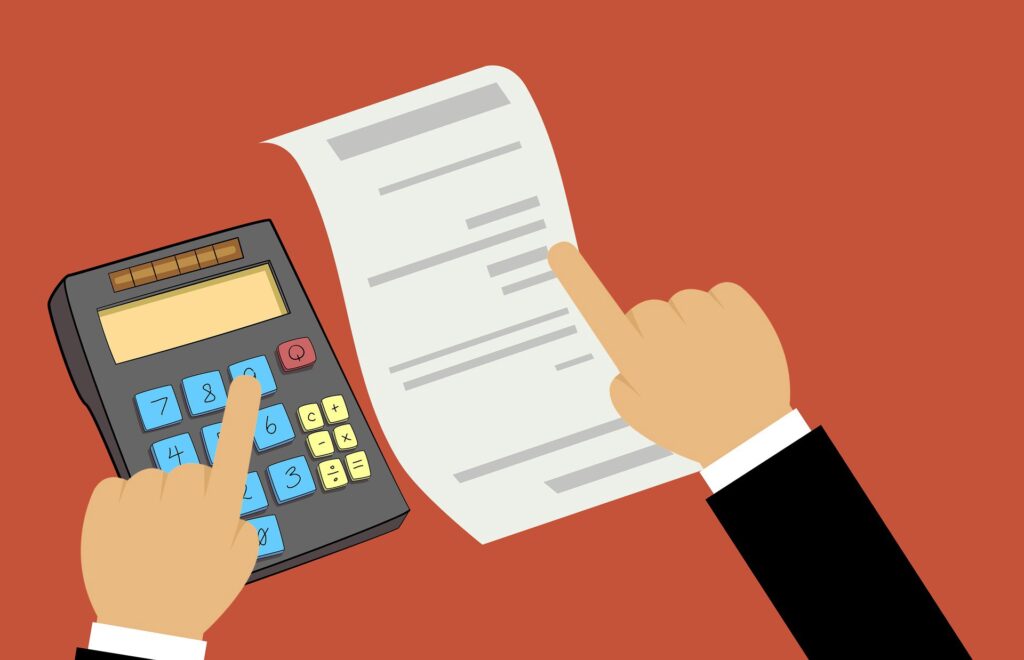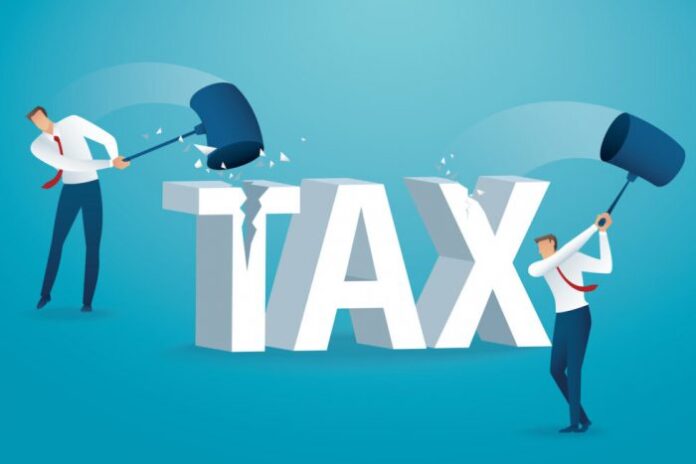What if I told you that you could lease a property to a tenant who’ll, besides paying for rent, also pay for other property costs that would have eaten into your profits?
This reality does exist and is an investing strategy known as a triple net lease. Suppose this is your first time hearing about the concept, then follow me closely to understand what triple net lease is all about and whether it’s good for you as an investor.
If you’re a landlord, then you might have heard about the triple net lease. Perhaps, you’re still weighing whether that type of lease structure is suitable for any of your investments. Keep reading to discover if a triple net lease is a good fit for your business.
If you aren’t a commercial real estate investor yet, information from this guide might entice you enough to dive into this lucrative real estate investment.
A triple net lease has its benefits for both the tenant and landlord, but does it come with demerits along the way? Yes, it does!
But before we get into the triple net lease pros and cons, let’s explore the concept. You can also learn more here at Buy NNN Properties.

Understanding Triple Net Leases
A tenant under a triple net lease is responsible for paying the building insurance, repair or maintenance costs, and property’s taxes throughout the lease term.
The rent is generally lower in a triple net lease than in a standard lease agreement because the tenant is handling these costs, which is usually the property owner’s responsibility.
The tenant’s creditworthiness determines the cap rate used in calculating the lease amount.

Triple Net Lease Pros and Cons
Triple net leases or NNN offers both tenants and investors some fantastic benefits. Unfortunately, both parties should consider some disadvantages to this type of commercial lease before going into a long-term NNN lease agreement.
Although tenants in a triple net lease carry more financial responsibility than those in other leases, they also enjoy certain advantages.
The following are triple net lease pros and cons to help inform your decision.

Pros of Triple Net Leases
-
Low-Risk Investment
Because the tenant carries all the costs associated with the building, from regular upkeep costs to taxes and property insurance, a triple net lease is often a low-risk investment for the investor.
-
Build Equity
You can add triple net lease properties to your investments as a low-risk, conventional gameplan to create more equity.
As an investor, you can also sell the property when the population spikes, the market peaks, or when you want to use the equity for your next investment.

-
Consistent Income Stream
Triple net leases are guaranteed to provide a consistent source of income for you as an investor. This lease type is structured to include a constant amount of rent each month for a specific period.
Additionally, the bulk of unknown property expenses will be passed to the tenant, helping to protect you from any investment risks.
-
Long-Term Occupancy
Triple net leases are often structures to offer longer tenant occupancy duration from 20 years upwards. This commercial real estate type is beneficial for investors because it removes the losses and risks of vacancy when tenants vacate the property before getting another tenant.

-
Reduced Landlord Duties
A triple net lease means you won’t have the landlord responsibilities like a conventional lease. With more money and time, you can pursue other ventures.
-
Tax Benefits
Tenants in a triple net lease property pay the property taxes, which they can build into their business expenses and utilize them in achieving some tax benefits for their company.

-
Location
Properties with triple net leases are usually located in accessible areas that are closer to other popular businesses. This measure helps tenants to gain exposure and traffic from people who visit those companies in that location.
-
Long-Term Business Footprint
Tenants who go for a long-term lease can effortlessly create a long-lasting and recognizable location for their business.
Cons of Triple Net Leases
-
Assuming Property Expenses
The tenant assumes the responsibility of the property’s upkeep under a triple net lease residential property. More so, tenants also finance the building operations and any related expenses while also handling the high cost of running their own business.
Most times, this burden is too much on the business. Tenants must also have a strong credit profile to qualify for a triple net lease.
-
Rollover Costs and Vacancy Risks
There’s often the risk of a thoroughly-vetted tenant defaulting, regardless of a long-term lease. During the period the property will be empty before finding another tenant, the investor might incur losses.

-
Earning Caps
For landlords locked into a long-term lease, they can’t increase the rent if property values appreciate in that area. As such, this limits earning potential.
-
Tax Liabilities
When the tenant assumes responsibility for property taxes, they’ll also pay for the associated liabilities like penalties or fines for incorrect or late tax remittance.

Triple Net Lease Example
Many multinational companies that love brand uniformity always go for triple net leases, for instance, Walgreens. This company is a famous example of triple net lease tenants that prefer long-term agreements (25 years).
Walgreens was the second-largest United States pharmacy by total prescription revenue in 2019. The company specializes in convenience household item shopping and prescription drugs.
When Walgreens, like other tenants, agree to a triple net lease, they absolve the property owner from all physical or financial responsibility.
They use their vendor and signage and handle their maintenance, capital expenditures, and operating expenses.
However, Walgreens often chooses its prime retail locations through triple net lease agreements. Walgreens pharmacy stores are always in good areas, on 1.5 acre lots in major retail sites.
The primary purpose of choosing these locations is due to their premiere visibility. Triple net investors consider Walgreens an excellent tenant and a conservative investment.

Summary
Net lease is a real estate lease type, generally for commercial rental properties, where a tenant pays one or more extra expenses. In a triple net lease, one of the three types of net leases, the tenant pays all the property expenses, like building insurance, real estate taxes, and property maintenance.
These payments aren’t included in the utilities and rent fees. Triple net leases often have a lower rent charge, as the tenant assumes all the property’s expenses.
However, you need to consider triple net lease pros and cons before investing in this type of commercial real estate.
To learn more about how to invest in triple net properties, contact Buy NNN Properties and let their professionals guide you through the steps involved.










